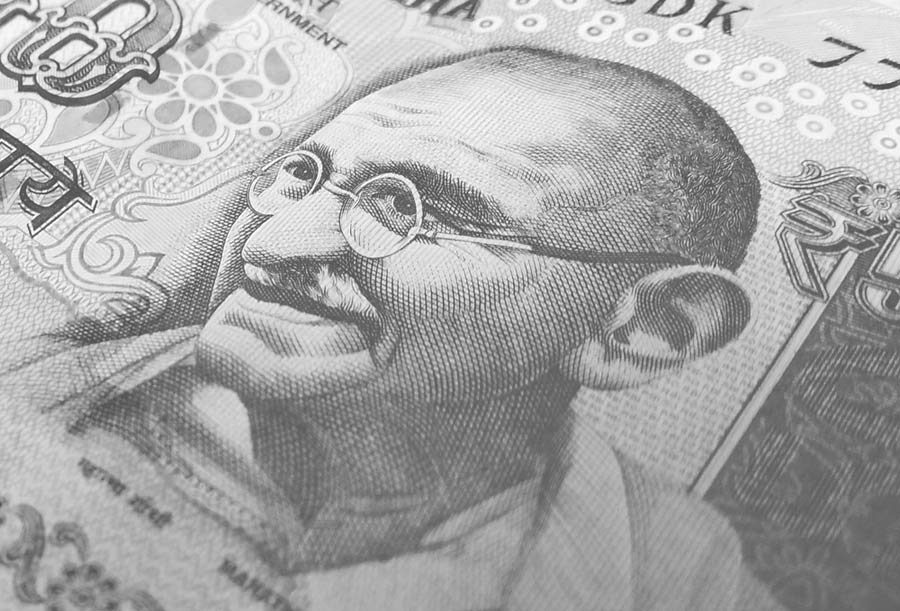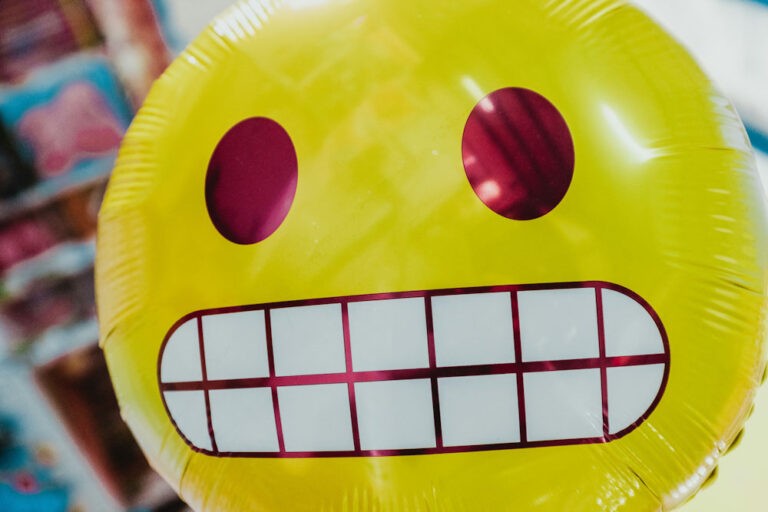
Often, we don’t realize why our negativity can be so destructive, stating that it is necessary and justified. However, if we study the destructive nature of our negative emotions, we realize that there are more disadvantages to feeling negative than positive, meaning that we should always strive towards positivity, aka happiness.
How We Create a Cycle of Pain
One way negative emotions are inferior to the positive ones is becausethat they contribute to a cycle of pain, meaning that negative emotions lead to more negative emotions. For example, if our boss screams at us, we may scream back at them, or lash out at someone unrelated, such as our friends, partner, or children, who in turn will be negative towards the next person.
Sometimes people don’t even know why they are angry and are snapping at each other, and unnecessarily punishing others for their negativity, even if others didn’t do anything negative to them.

Core Five Positive Friends
It is said that our core reference group dictates what kind of person we become. If they are successful entrepreneurs or hopeless pessimists we will tend to behave in the same lines. Conversely, if we are positive or bitter, we will tend to attract the same crowd.
As such, sometimes, the only things we need to do to improve our well-being is to look at our core reference group to understand who we are. Respectfully, in order to grow, we either have to change our reference group, or become better versions ourselves, which in turn will transform our reference group.
Are You Growth Oriented?
Sometimes, we outgrow our reference group and leave them behind in terms of the way we think and what we achieve. This can happen naturally or because we are purposefully growth orientated.
As such, there are two types of people: growth oriented people and those with a fixed mindset. Generally speaking, growth oriented people are known to be happier, because they are actively working on their lives no matter where they are currently in life.

Stopping Negativity Before It Starts
Mahatma Gandhi once said that: “If we practice an eye-for-eye and a tooth-for-tooth, soon the whole world will be blind and toothless.”
By this Gandhi meant that we should not rush to defend our honor or revenge our hurt feelings whenonce someone mistreats us. Instead, it is best to see other people as victims of their own negativity, who were hurt in the past, and now lashing out at us simply don’t know better. They may even put a strong front but deep inside they are hurt and in need of compassion.
Gandhi lived by this philosophy too, starting non-violent protests in India. He realized that violence only leads to more violence and someone has to swallow their pride and take a higher road. In his case, English colonialists were the aggressors, powerful ones at that, but at the same time they were the victims. They used their superiority to conquer entire countries and strip them of their valuable resources. However, the reason why they did it was because they needed these resources for internal validation, some sort of dark black hole that they created in their hearts, which made them act in less than benevolent ways.
Luckily, Gandhi’s peaceful protest was successful and in 1947 the British withdrew from the area, creating India and Pakistan.
So Next Time You Hear Something You Don’t Like
Overall, we need to learn to keep our hearts open and compassionate towards people who try to hurt us. It is likely that they are lashing out because ofon their own unhappiness or simply don’t know better.
So next time someone is mean to you, just stop and breathe. Don’t immediately reply to negativity with more negativity and try to understand why people are acting as they do. Try to understand what people need. Once you are able to do it, you will stop the negativity cycle, whereas people are punishing each other for their own negativity, helping to make this world a better place for everyone to live.














